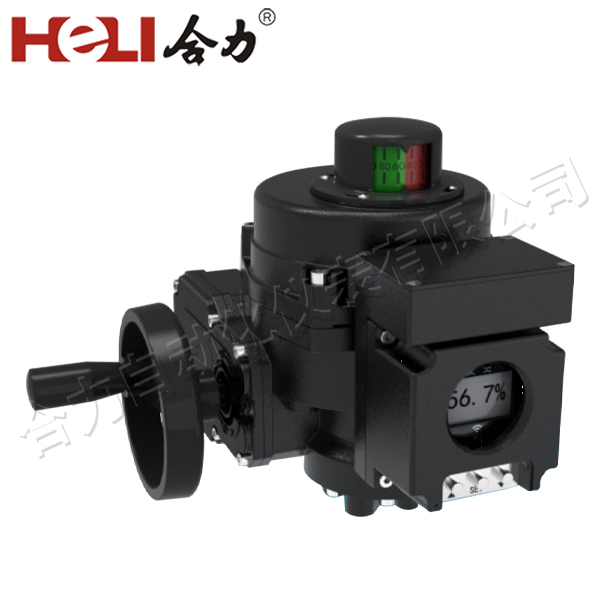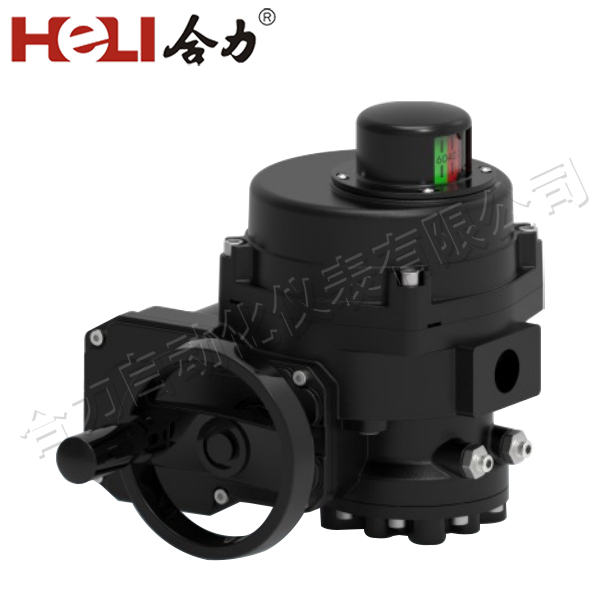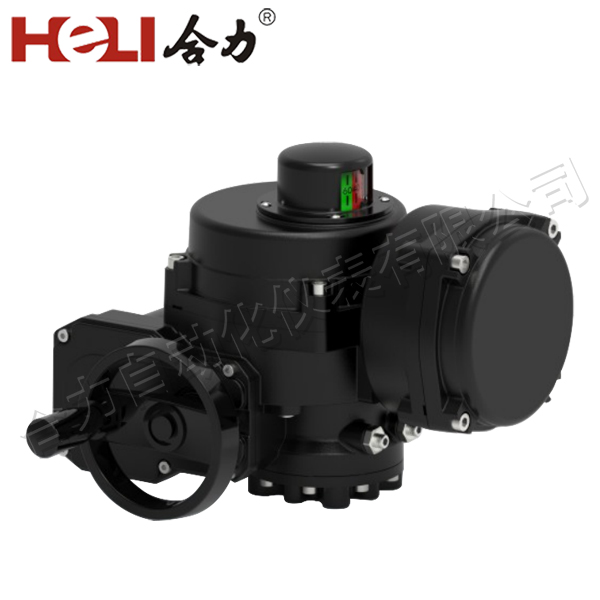hydrogen energy electrical installation: harnessing a sustainable future
Release time:2024-10-16 02:52:01
As the world grapples with the urgent need for sustainable energy solutions, hydrogen energy has emerged as a promising alternative to fossil fuels. The potential of hydrogen as a clean energy source is vast, and its applications in electrical installations are increasingly gaining attention. This article explores the fundamentals of hydrogen energy electrical installations, their benefits, challenges, and future prospects.

Understanding Hydrogen Energy

Hydrogen is the most abundant element in the universe, and when used as an energy source, it produces only water as a byproduct. The process of generating hydrogen energy can occur through various methods, including electrolysis, steam methane reforming, and biomass gasification. Among these, electrolysis stands out, particularly when powered by renewable energy sources like solar or wind. This process involves splitting water into hydrogen and oxygen using electricity, allowing for the production of hydrogen without emitting greenhouse gases.



